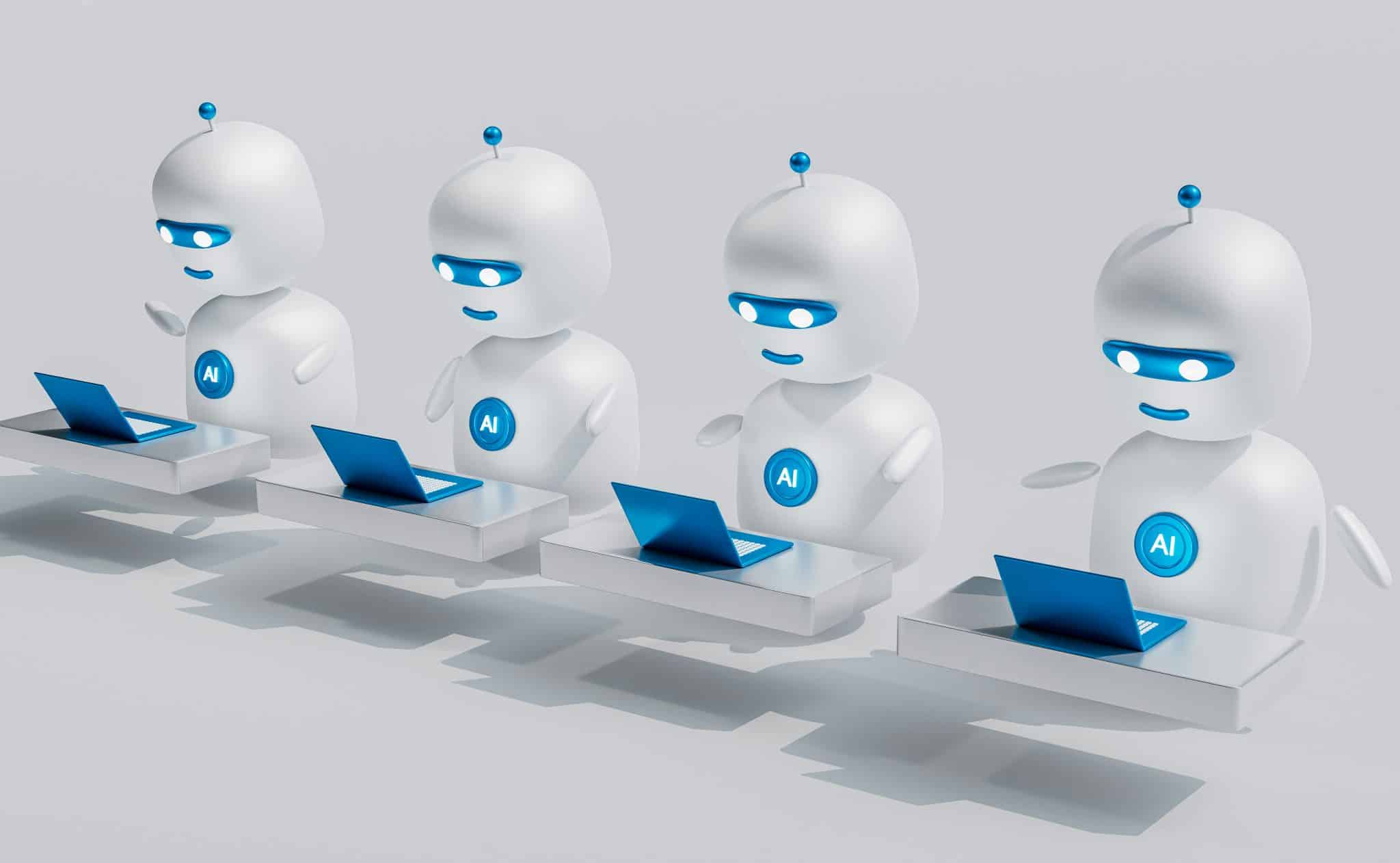The Role of Chatbots in Social Media Lead Generation

Have you ever messaged a business on Instagram or Facebook and got a reply right away, even if it was late at night? That was probably a chatbot. A chatbot is a tool that sends automatic messages to help businesses talk to people quickly. It can answer questions, give info, and even help collect email addresses. For businesses, this means they can get more leads, people who might want to buy something, without needing someone to reply to every message by hand. Let’s learn how chatbots work and how they can help turn social media chats into real customers.
Chatbots Reply Fast, Even When You Can’t
People expect fast answers when they message a business. If they don’t hear back soon, they might lose interest. Chatbots help solve this by replying right away. For example, if someone asks, “Do you have this in stock?” the chatbot can say yes and even offer a link. This helps keep the conversation going while saving time for the team. Chatbots don’t sleep, so they work 24/7. Even if your business is closed, they can still talk to customers and help you get their contact info so you can follow up later.
They Can Ask Questions and Collect Info
Chatbots don’t just answer questions—they can also ask them. Imagine a chatbot asking, “Are you looking for shoes or shirts?” Based on the answer, it can help the person find what they want and then ask for their email to send a discount. That’s called a lead. Tools like ManyChat and Chatfuel let you set up these kinds of questions in Facebook or Instagram messages. Once set up, the chatbot guides each person through a simple path, like a short quiz, and collects info that helps the business turn followers into customers.
Chatbots Feel Personal and Friendly
Even though they aren’t real people, chatbots can still feel friendly. They can call you by name and show you things based on what you like. If you’ve clicked on sports clothes before, the chatbot can recommend more of the same. This makes the chat feel more helpful and less like a robot. It’s like a digital store assistant who knows what you need. People are more likely to give their email or keep chatting when they feel like the messages are made just for them, and that’s good for lead generation.
They Also Need to Be Safe and Secure
Chatbots sometimes collect private info like emails or phone numbers. That means businesses need to keep that info safe. Many use cloud security services to protect data while it moves between systems. These services make sure hackers can’t steal it and that everything is stored safely. If a chatbot sends your email to a company’s database, these security tools help protect it. People trust businesses more when they know their information won’t be shared or leaked. So, having security behind the scenes is just as important as the chatbot itself.
You Can Use Chatbots in Many Ways
Chatbots are not just for saying “hi.” Businesses can use them to remind people about things they left in their shopping cart, tell them about a sale, or help book an appointment. They can even send follow-up messages like “Did you still want this item?” or “We have something new you might like!” This keeps people interested and makes them more likely to come back. Whether it’s for shopping, learning, or booking something, chatbots can help guide the conversation and turn more visitors into actual buyers.
They Should Work With Real People, Too
Even though chatbots are helpful, they shouldn’t replace real people. Sometimes, someone needs help that a bot can’t give. That’s why good chatbots also let you talk to a real person when needed. Think of the chatbot as the first person you talk to in a store: they can answer easy stuff, but if you have a big question, they send you to someone else. When businesses use both chatbots and humans, customers get fast answers and personal help. It’s the best of both worlds, and that’s how you turn chats into loyal customers.










